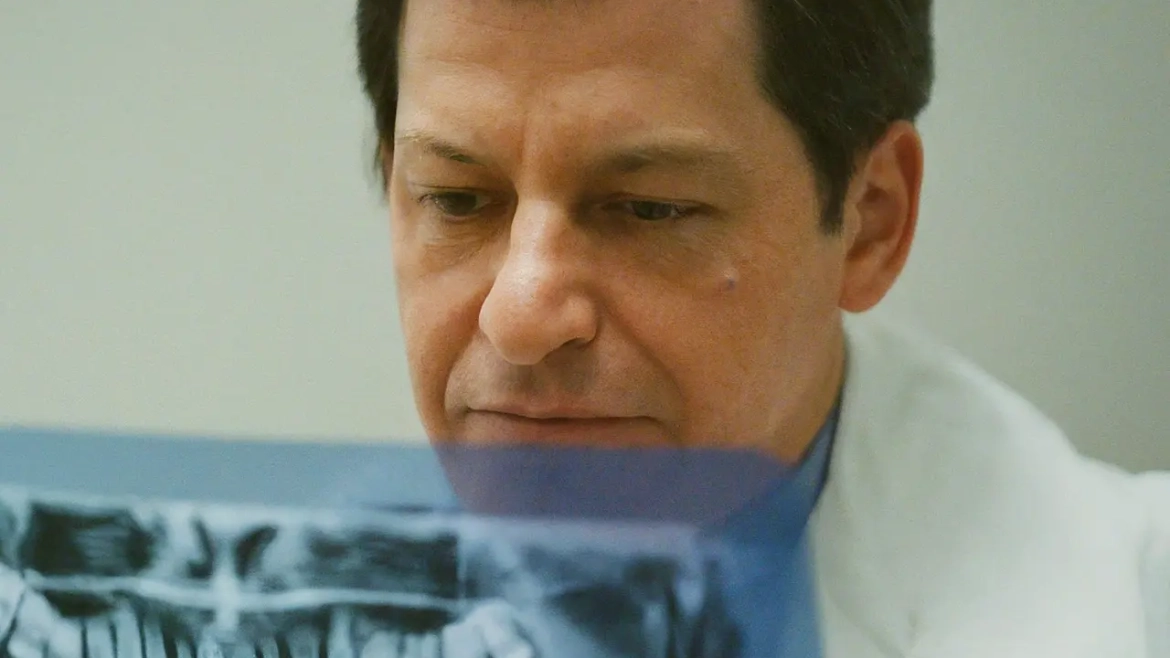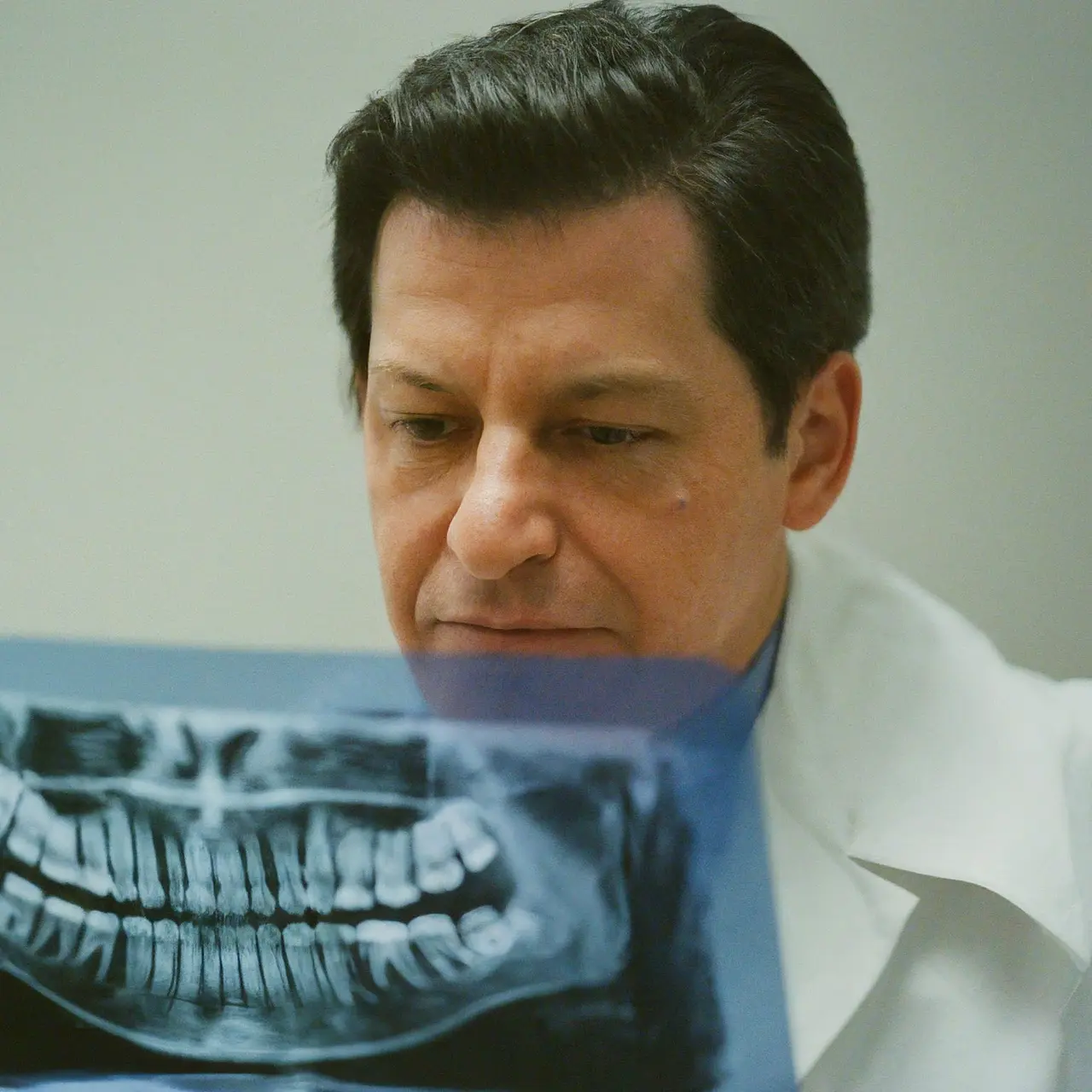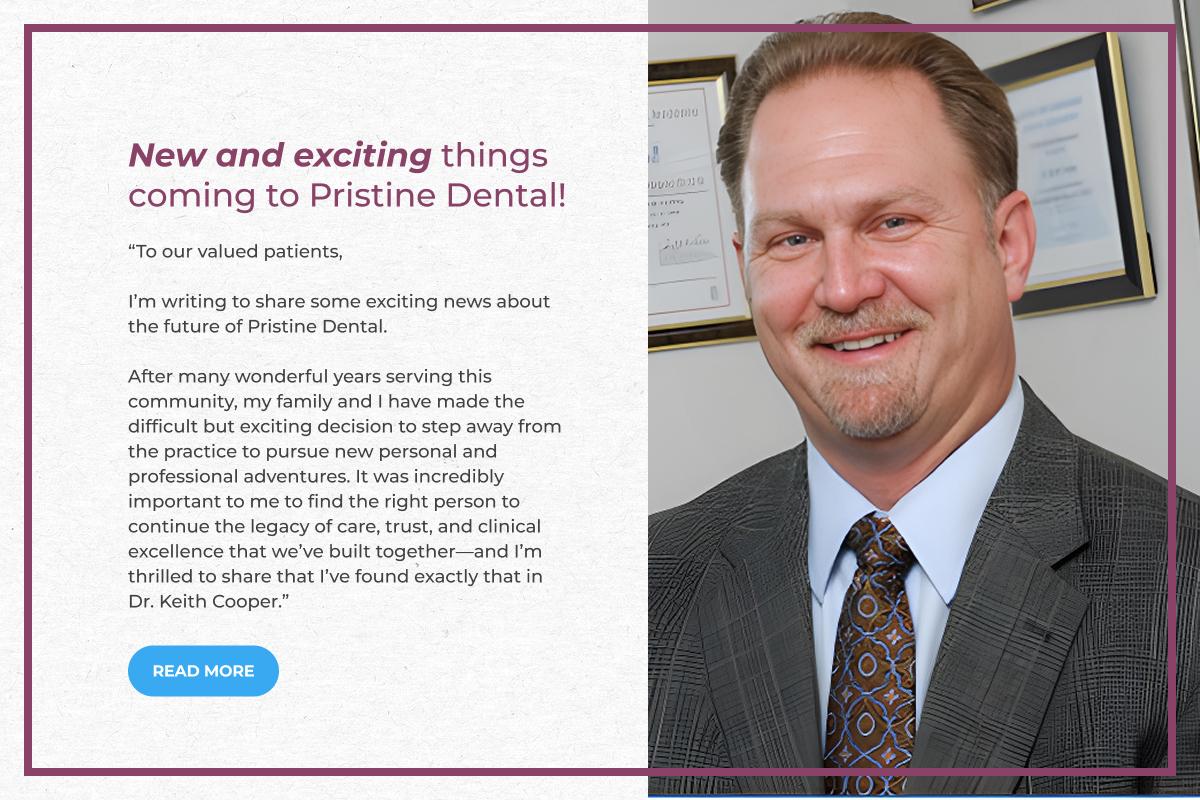Dealing with sudden tooth pain can be both scary and confusing. If you’re caught off guard by an unexpected dental emergency, you might wonder if an emergency dentist can provide the immediate relief you need. In this friendly guide, we’ll explore how emergency dentists work and what you can expect when you seek urgent dental care.
Understanding Emergency Dentistry
Emergency dentistry is a vital sector within dental care, focusing on providing immediate treatment for oral injuries or severe tooth pain that requires urgent attention. Unlike regular dental appointments, emergency dental services are designed to address acute issues that cannot wait, such as intense tooth pain, tooth abscesses, or broken teeth, offering relief when it’s most needed.
An important aspect of emergency dentistry is its availability. Many emergency dentists offer extended hours, weekend services, or even 24-hour care to ensure that assistance is there when you need it the most. Their ability to provide quick diagnosis and treatment helps prevent situations from worsening, offering not just immediate relief but also potentially saving teeth.
Common Dental Emergencies and Immediate Treatments
Understanding what qualifies as a dental emergency can help you take the right action swiftly. Common issues that require immediate attention include severe toothache, broken or chipped teeth, knocked-out teeth, lost fillings or crowns, and abscesses. Each of these situations can cause significant discomfort or even pose a risk to your overall health.
Immediate treatments for these emergencies vary but aim to reduce pain, prevent infection, and preserve the tooth’s integrity. For instance, a knocked-out tooth has the best chance of being saved if it’s reinserted within an hour, highlighting the urgency of seeking emergency dental care.
What to Do Before You Reach the Dentist
In the event of a dental emergency, knowing a few simple steps can help manage the situation until you receive professional care. For severe toothaches, rinsing your mouth with warm salt water can offer temporary pain relief. Applying a cold compress can help reduce swelling and alleviate pain in case of injuries.
Should you have a tooth knocked out, preserving it in a glass of milk or a saline solution can keep it viable for reattachment. It’s crucial to avoid touching the root and focus on the crown when handling a dislodged tooth. These initial actions can be pivotal in ensuring the best possible outcome.
For quick relief from pain while on your way to see an emergency dentist, employing home remedies such as using clove oil to numb the area or a peppermint tea bag for its soothing properties can be effective.
How an Emergency Dentist Can Alleviate Tooth Pain
Upon arrival at an emergency dental clinic, the dentist will quickly assess your condition to provide the most appropriate and immediate pain relief. This may include administering local anesthesia to numb severe pain, draining an abscess to relieve pressure, or stabilizing a tooth with a temporary filling or crown.
The primary goal is to alleviate your pain and stabilize your condition. For example, if you’re suffering from a severe infection, the emergency dentist may prescribe antibiotics to manage the infection, reducing the risk of spreading while planning a more permanent solution.
The Importance of Following Up After Immediate Treatment
Receiving immediate care from an emergency dentist is just the first step in addressing a dental emergency. It’s crucial to follow up with your regular dentist after the initial treatment. This follow-up visit ensures that your oral health is fully restored and any temporary solutions are replaced with permanent ones.
Ensuring a complete recovery may require more than one follow-up appointment, depending on the severity of the issue. These visits offer a chance to assess healing, make any necessary adjustments, and discuss preventive measures to avoid future emergencies.
Preventing Future Dental Emergencies
While not all dental emergencies can be prevented, maintaining regular dental check-ups can help identify and treat issues before they turn into emergencies. Adhering to good oral hygiene practices, such as brushing twice a day, flossing daily, and avoiding hard foods that could crack teeth, plays a significant role in prevention.
Investing in a mouthguard if you participate in sports is another effective measure to prevent injuries. Educating yourself on the proper steps to take in case of an emergency, such as knowing how to handle a knocked-out tooth, can also amply prepare you for any unforeseeable incidents.
Final Thoughts: Seeking Immediate Dental Care
Experiencing tooth pain requires prompt action to prevent further complications. Thankfully, emergency dentists specialize in providing immediate care to alleviate pain and address dental emergencies efficiently. Knowing what to expect and how to prepare can significantly reduce your discomfort and improve your overall experience. Remember, the health of your teeth is crucial not only for your smile but for your overall well-being. If you’re ever in doubt, reaching out to an emergency dentist is a wise first step towards relief.



